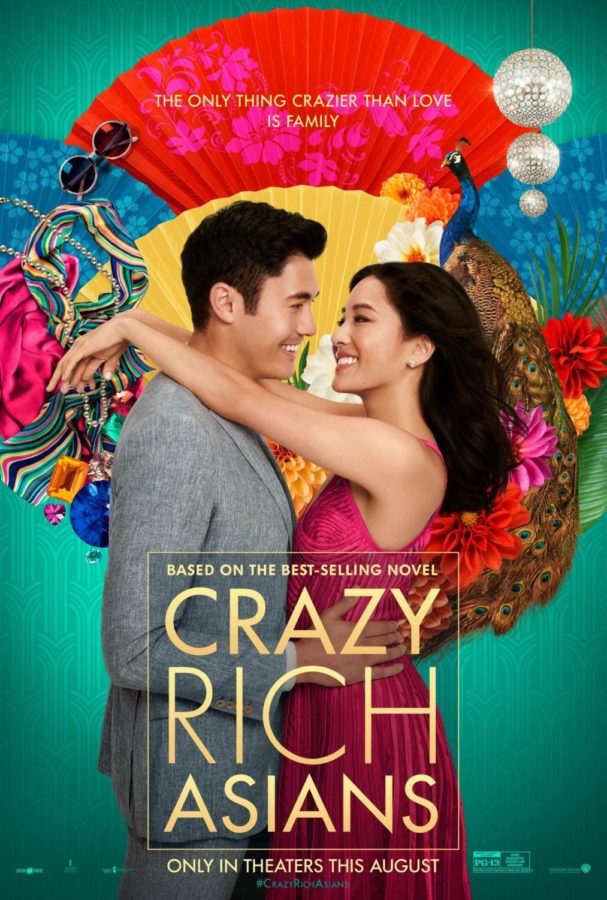Why “Crazy Rich Asians” Matters
September 28, 2018
One of the most talked about movies of the year is Crazy Rich Asians, a feel-good romantic comedy that is bound to leave a legacy in Hollywood. The first major studio release to feature an all-Asian cast in over twenty years, Crazy Rich Asians is a hit with both the box office and critics.
Adapted from Kevin Kwan’s New York Times bestseller of the same name, the movie centers on Rachel Chu, a Chinese-American economics professor who travels to her boyfriend Nick’s home in Singapore, where she is exposed to incredible wealth and luxury.
While the premise of the movie may not be the most relatable situation, its representative cast and lack of typical Asian stereotypes gives East Asian audiences a chance to see themselves represented in a major production.
“[The movie] helps break stereotypes that Asians had to endure in Hollywood, like ‘karate masters’ or ‘nerds,’ [and gives] Asian actors more chances to be on screen,” said Nolan Trinh ‘21.
Furthermore, Crazy Rich Asians is set in Singapore, a small country that people rarely associate with “Asians” when compared to China, Korea, and Japan, furthering the movie’s agenda to both educate an audience and break down cultural barriers.
However, the film hasn’t made it to the big screen without some controversy, especially surrounding the casting of half-Caucasian actors such as Henry Golding. Although some people are displeased by this casting choice, Crazy Rich Asians “is still an improvement from [the void of Asian representation] in Hollywood,” notes Trinh.
Though the film does not represent all people of Asian heritage, the success of Crazy Rich Asians proves that films starring people of color can be both entertaining and high grossing. Hopefully, in the future, the impact of Crazy Rich Asians will lead to more diverse stories being told at the movie theater and increased opportunities for Asian actors to hold leading roles.






























